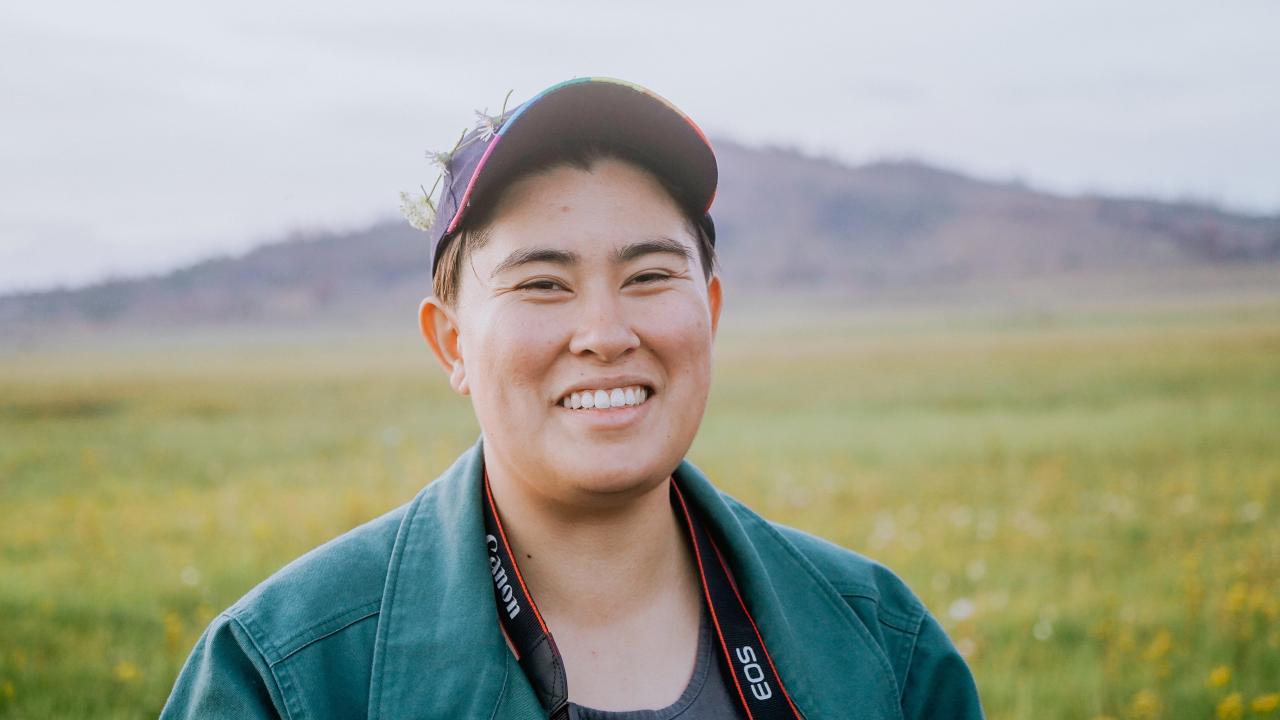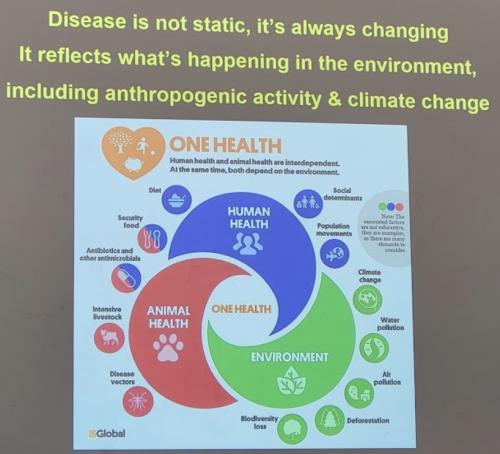
RxOH 2023 Alum: Maria Hammett
I am Maria Hammett (they/them), a second-year medical student at the UC Davis School of Medicine. I am one of many alumni of the UC Davis RxOne Health 2023 course. I grew up in Merced, CA and plan to return to the Central Valley as a primary care physician.

What drew me to RxOne Health was the concept of One Health; as a future physician, I had not yet come across this concept despite its relevance to healthcare. This was a concept I was tangentially familiar with given my undergraduate background in Environmental Health, but I hadn’t had the opportunity during my didactic training in medical school to engage with this topic. The RxOne Health Course was a fantastic opportunity to engage meaningfully with the One Health topic from a multi-disciplinary and hands-on approach.
A 2-Week Course with a Lifetime of Experience
I met folks from all over the world and from various walks of life. This aspect of the course was both challenging and rewarding as it exposed me to a variety of professions that I otherwise would not have had the opportunity to interact with. As a medical student, we have limited opportunities to interact across different disciplines in the healthcare field. Being able to interact with veterinary students, PhDs, graduate students, and many other professionals helped bring forth perspectives that created a more fruitful discussion regarding One Health topics such as zoonoses, spillover events, or conservation efforts. Thus, in being able to meet with like-minded people that had unique perspectives and experiences to add to the discussion, I learned more than I would have on my own.


The One Health Model in Action
I learned how we can work across various disciplines to tackle these complex issues through a One Health lens. My medical training often hones in on the human health aspect of the One Health model, but through understanding how human health is connected to animal health and environmental health can only further improve health outcomes for humanity, nature, and animals alike. For example, we learned during our course how harmful algal blooms off the coast of Monterey Bay, CA have been connected to sea otter deaths. This is thought to be exacerbated due to the local bivalves (oysters, clams, etc) that the sea otters consume, bioaccumulating microcystin toxins. This is also a threat to human health as the same bivalves consumed by sea otters are often consumed by humans. Thus we see how a local ecosystem can give insight into factors that influence human health.
Beyond the Rx One Health Course

I plan to involve the One Health perspective in both education and clinical settings. Currently, our medical curriculum can do more to include environmental and planetary health topics across the different body systems. I hope to encourage our faculty to integrate One Health when applicable to topics in our education. As a future physician, I want to involve the One Health Model in my future practice whether that means collaborating with local veterinary practices or by involving myself in the local community to assist with conservation efforts. All in all, this course has shown me how to engage in the lens of the One Health model in meaningful ways.
